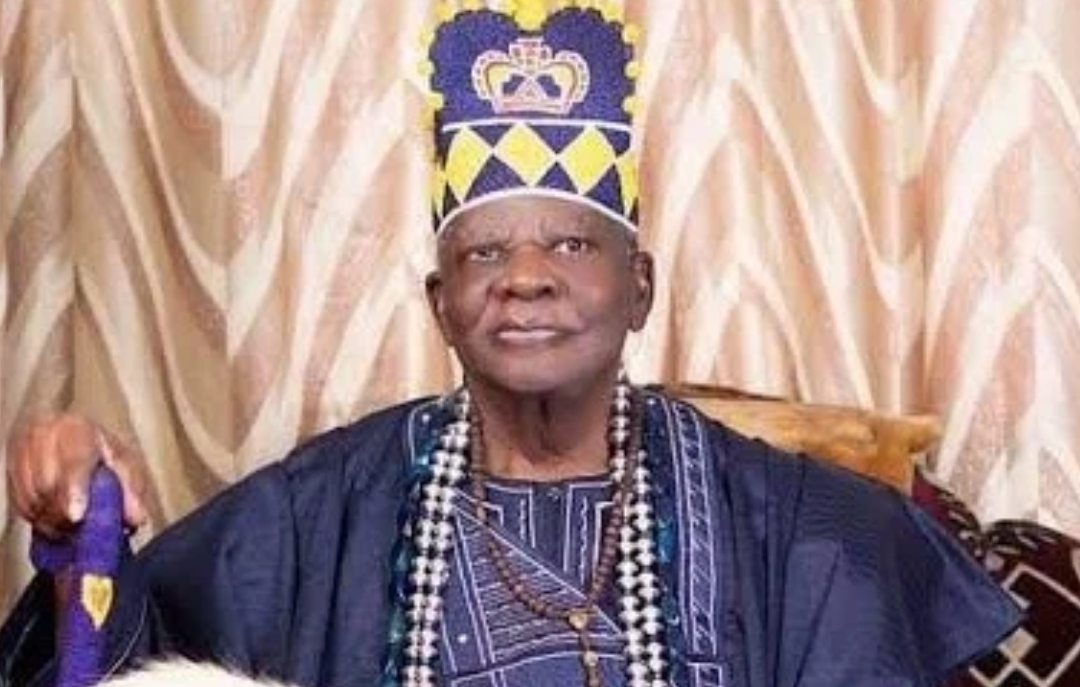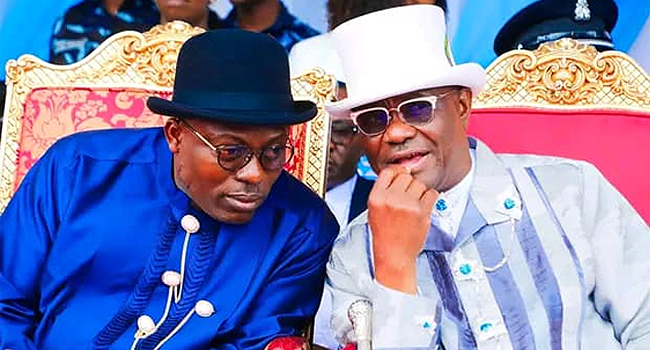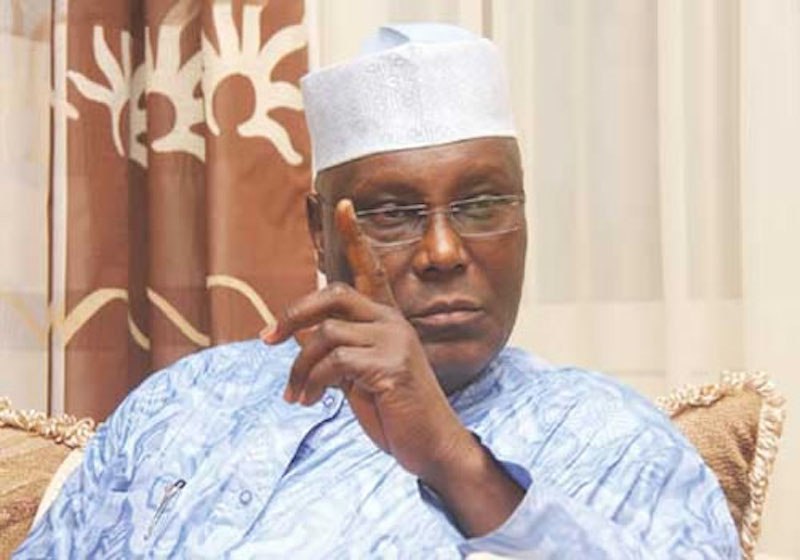By Eric Elezuo
The fragile peace that sprout out in Rivers State after the six months Emergency Rule declared by President Bola Tinubu, has suddenly collapsed as the two major gladiators; the Federal Capital Territory Minister, Nyesom Wike and Rivers State governor, Siminalayi Fubara, have returned to the war front.
This is as the 26 legislators loyal to the FCT minister have initiated an impeachment proceedings against the sitting governor, Fubara, accusing him of gross misconduct roped in 8-count charges.
The lawmakers during a session on Thursday, presided over by Speaker of the House, Martin Amaewhule, are accusing Fubara and his deputy, Dr. Ngozi Oduh, of gross misconduct.
Observers have said that the day’s proceedings bear the imprimatur of renewed hostilities between Fubara and his predecessor Nyesom Wike, minister of the Federal Capital Territory (FCT).
Rrcall that onn December 5, 2025, a horde of the Rivers assembly lawmakers led by the speaker, announced their defection from the Peoples Democratic Party (PDP) to the All Progressives Congress (APC), and days later, Fubara formalised his own switch from the PDP to the APC.
By the renewed hostilities, the two feuding personalities are seeking the support of the president, who it is believed can quench the rising tension, to either impeach the Chief Executive or survive the impeachment process.
A report monitored on Businessday Newspaper noted therfore, that President Bola Tinubu has once again intervened in the lingering political crisis between Fubara, and Wike.
According to the paper, quoting credible sources, the President summoned Wike for a crucial meeting abroad over the renewed face-off, which has reignited tensions in the oil-rich state, even as the president is still holidaying abroad.
The paper also The Punch, said a top presidential source disclosed on Saturday that the meeting is expected to be held in Dubai, United Arab Emirates (UAE), where Tinubu will be heading after a brief stay in France.
“The President must see the danger in what Wike is doing. I am aware he has summoned him to a meeting in Dubai. Barring any last-minute change, they are expected to meet abroad. Wike cannot impeach Fubara; the President will call him to order,” the source said.
The source added that Wike’s recent actions constituted an affront to the President and could potentially trigger unrest in the Niger Delta.
“If you say you want to sack the first Ijaw man to be governor, are you not sending the Ijaw people back to the creeks? That will have attendant effects on the economy, and the President will not allow that to happen,” he warned.
According to reports, tension heightened on Thursday after 27 members of the Rivers State House of Assembly, loyal to Wike, initiated fresh impeachment proceedings against Governor Fubara and his deputy, Prof. Ngozi Odu.
The impeachment notice, read by Majority Leader, Major Jack, during plenary presided over by Speaker Martins Amaewhule, contained seven allegations of gross misconduct against the governor.
These include the demolition of the Assembly complex, extra-budgetary spending, and refusal to comply with a Supreme Court ruling on legislative financial autonomy.
Deputy Governor Odu was accused of “reckless and unconstitutional spending of public funds” and “obstructing the Assembly from performing its duties.”
Speaker Amaewhule described the impeachment move as “good and in the interest of Rivers State,” accusing Fubara of undermining the Assembly by failing to present the 2026 budget.
The latest move mirrors the earlier impeachment crisis that led to the declaration of a state of emergency in Rivers in March 2025.
Despite Tinubu’s earlier mediation, the fragile peace between Wike and Fubara collapsed just months after the end of the six-month emergency rule.
Wike accused Fubara of reneging on their post-truce agreements, while Fubara fired subtle jabs at his predecessor.
The rift has since deepened, with Wike vowing that Fubara would not secure a second term, even after defecting to the All Progressives Congress (APC).
A senior aide to the President told reporters that Tinubu was aware of the escalating situation but declined to confirm any planned meeting with Wike.
“Only Wike or his aides can say if there is any scheduled meeting between him and the President,” the official said.
However, a senior APC official confirmed that national leaders of the party planned to meet Tinubu when he returns to Nigeria to discuss the growing discontent over Wike’s conduct.
“Some of our leaders believe Wike should have respected the President and the party because Fubara is now one of our governors,” the official said. “Even if he won’t get a second term, he should be allowed to complete his tenure.”
Meanwhile, Wike has been touring Rivers local councils, soliciting and accepting approvals from loyalists just as Fubara has asked for calm from members while they wait on the president.

 Sports3 days ago
Sports3 days ago
 The Oracle5 days ago
The Oracle5 days ago
 Opinion4 days ago
Opinion4 days ago
 Islam5 days ago
Islam5 days ago
 Sports3 days ago
Sports3 days ago
 Boss Picks3 days ago
Boss Picks3 days ago
 Headline3 days ago
Headline3 days ago
 Adding Value4 days ago
Adding Value4 days ago













